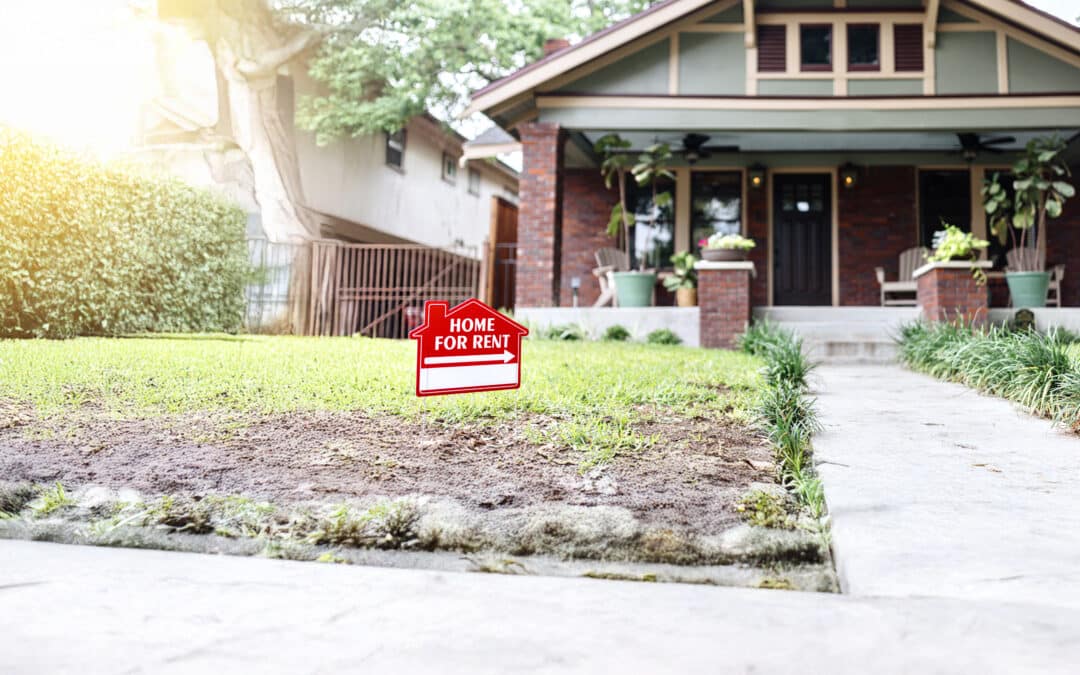A 2017 ruling from the Supreme Court says cities have the right to sue banks and lenders if they can prove violations of the Fair Housing Act caused the plaintiff city direct harm. The ruling, a result of a lawsuit brought against Bank of America, Citigroup, and Wells Fargo by the city of Miami in 2013, decides largely in favor of cities that wish to sue lenders. Miami’s lawsuit was filed in 2013 and was followed by a number of other, similar lawsuits in other cities.
Stalled Lawsuits Will Now Move Forward
A number of cities have filed lawsuits against Wells Fargo, usually alleging some form of predatory lending against minorities. A few examples:
- Philadelphia accused the lender of steering certain groups toward high-cost or high-risk loans when they were eligible for better terms
- Sacramento accused the bank of the same “steering” practices
- Oakland, California, accused Wells Fargo of engaging in lending and foreclosure practices that “drove down property values and lowered tax revenues.”
Oakland’s case recently received approval to move forward after the city provided a “significant statistical analysis to show how discriminatory lending practices at Wells Fargo could have resulted in a spike in foreclosures.” If Oakland wins the suit, Wells Fargo could owe millions of dollars. The effects could be far-reaching, also, since the lawsuit will set a precedent for future lawsuits based on similar claims and could affect investors with large portfolios as well as conventional lending institutions like banks.
Wells Fargo defended itself against the allegations, with bank spokesman Tom Goyda emphasizing, “The court’s decision allows the lawsuit to continue to the next phase [but] does not suggest that any of the claims ultimately will prevail.” He added, “We are prepared to defend our record as a fair and responsible lender.”
What the Court Cut
The Supreme Court cut a number of claims from the lawsuit before allowing it to proceed. The judge eliminated claims for damages related to upkeep costs and claims alleging the city’s efforts to promote fair housing were “hobbled” as a result of Wells Fargo lending practices. The judge did say the claims for damages could be refiled if stronger statistical backing is provided.























0 Comments